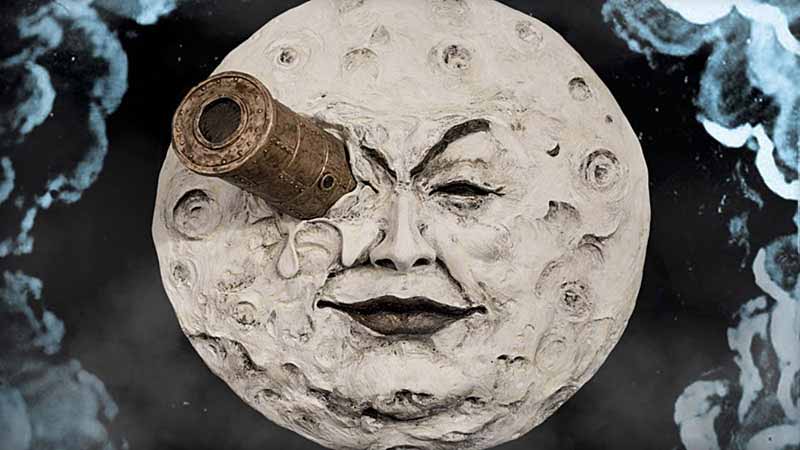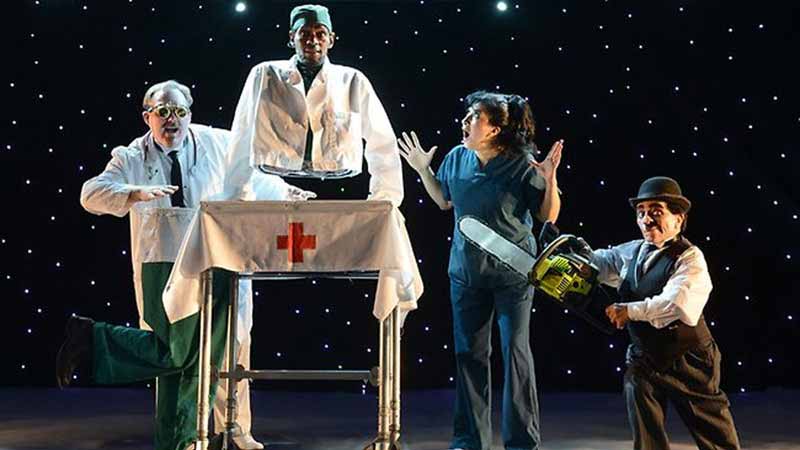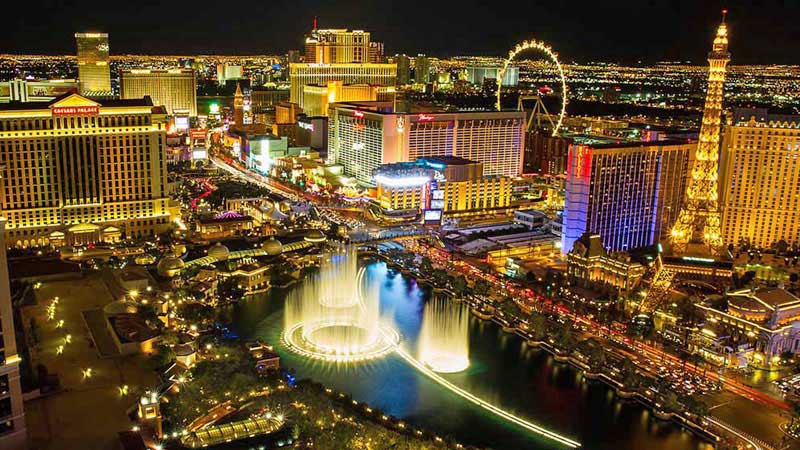Best Magic TV Shows Ever
SEE ALSO: BEST Magic Movies!
SEE ALSO: Most FAMOUS Magicians
ALSO: BEST Magic Movies!
ALSO: Most FAMOUS Magicians
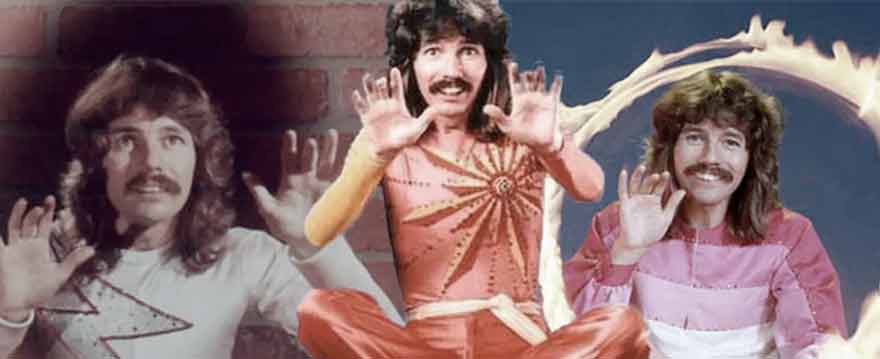
WOW! This brings back magic memories. Here is our list of the Top Magic TV Shows but this isn't just any list voted on by the uninformed. This list is compiled by a UCSD Ph.D. specializing in magic history. He really knows his magic, theater, and alternative medias so grab your favorite beverage, kick out the leg rest on your Lazy Boy, crank up your speakers, and let's get started...
The Top Magic TV Shows
by Dr. Will Given
University of California, San Diego
Trying to narrow down performances of magic on TV is a Herculean task. At first glance, it may seem that there just aren't enough shows to fill this list. Once you start digging though, you will find some incredible, as well as some not so stellar, magical performances on the small screen (as compared to big screen movies on magic). The criteria to be on this list is simple: the performance needs to be one that pushed magic in a new direction, helped shape the field of magic, or tried to envision TV magic in a completely new way. There are specials featuring real magicians and fictional shows depicting television writers' interpretations of magicians. Sit back, put down the remote, and join us for some channel surfing of magic through the years.
-
10. Houdini (2014) | Houdini (1998)
Like the 1953 movie, Houdini, starring Tony Curtis (see our list of the Top 10 Magic Movies of All Time), Houdini's life as shown on the small screen is more often fictional than historically accurate. The fact is, even though it has been nearly a century since his death, the story of Houdini is still wildly fascinating. Two TV movies/mini-series have tackled the Houdini myth in recent years. The History Channel gave us a modernized visual aesthetic and score for Houdini's story. Starring Academy Award-winning actor, Adrien Brody, as the famed magician, Houdini hits a lot of notes right. Unfortunately, a good majority of the source material for the close to three-hour saga is taken directly from Bernard C. Meyer's 1976 book, Houdini: A Mind in Chains, that attempted to retroactively psychoanalyze Houdini. Despite Brody's decent performance of Houdini, be prepared to be bombarded with a lot of Freudian Oedipal references in this interpretation of Houdini's biopic. Still, the 2014 mini-series handles the excitement of Houdini the performer much better than the 1998 TNT version starring Johnathon Schaech (That Thing You Do!). Even though Schaech gives a convincing performance, writer and director Pen Densham focuses too heavily on creating a sappy version of Houdini's private life and his romance with his wife Bess to make this a truly compelling entry.
-
9. Deception (2018) | Blacke's Magic (1986) | The Magician (1973-1974)
Whereas Celebracadabra (see special honor below) followed the reality TV show format that has been developed over the years, there is an entirely different formula at work when looking at how magic and magicians are portrayed in scripted television. Take one master magician, partner that magician up with someone he or she helps to solve crimes, and voilà, an instant classic. This formula was at work in the 1973-1974 series The Magician starring Bill Bixby in his pre-Dr. Bruce Banner days and was brought back to life in the 1980s with Blacke's Magic starring Hal Linden in his post-Barney Miller days and Harry Morgan in a post-Colonel Potter role. Though both of these series lasted for less than a full season, ABC attempted to give the plot another go in 2018 with Deception, starring Jack Cutmore-Scott as Cameron Black, the world's greatest illusionist. The series was canceled after only 13 episodes.
-
8. Panorama (9 April 1956)
This episode of the British documentary show is infamous due to the performance of the Indian magician, PC Sorcar. Sorcar was to perform the standard illusion that evening of sawing a person in two to close the programme. Sorcar's interpretation of the trick, however, eliminated one of its main elements - the box to put the assistant in. On live television (not the same video as above), viewers watched as Sorcar put a beautiful young Indian girl (Dipty Dey) onto a table and then proceeded to cut directly through her with a large electric buzzsaw. Sorcar then tried to revive her. The host of the programme stepped in front of the camera and immediately ended the show. The switchboards at the BBC lit up with people concerned they had just witnessed a live murder on television. Sorcar was supposed to restore and revive Dey, but the programme had simply run long, causing the host to sign off at that moment. Whether this was planned by Sorcar or not, his presentation of sawing a person in two on live television shows the thin line magic walks between audience's perceptions of reality and entertainment.
-
7. The Paul Daniels Magic Show (1979-1994)
One of the longest-running magic shows on our list, The Paul Daniels Magic Show first premiered on BBC1 in 1979. The show ran for 120 episodes over the course of 15 years and also had 21 specials. Adopting the live performance/variety show format made famous by David Copperfield and Doug Henning years earlier, The Paul Daniels Magic Show featured British magician Paul Daniels, assistant Debbie McGee (who married Daniels before the run of the show ended), and a slew of celebrities. Daniels performed everything from close-up magic to large illusions, and if you can make it past the glitz and glamour (and the horror) of 80s fashion, there are some real gems to discover in this series. Of particular note is his performance of the brilliant illusion, Oh!. Watch it. You'll be glad you did.
-
6. The Magic Land of Allakazam (1960-1964)
The Magic Land of Allakazam was responsible for inspiring generations of young kids to take up magic. The show starred Mark and Nani Wilson and was the first magic network television series. It also created the foundations and set the tone for Saturday morning kids show programming for decades, on both a local and national level. The show was filmed before a live studio audience filled with mesmerized kids and included sleight of hand magic, large illusions, cartoons, and the nightmare-inducing Bev Bergeron as Rebo the Clown (What? Clowns are terrifying??? Prove me wrong.) The show is also important due to the fact it is where John Gaughan honed his skills making illusions before going on to build some of the best-known illusions of the twentieth century for magicians such as David Copperfield.
-
5. David Blaine: Street Magic (1996)
It may be easy to look back on David Blaine's first television special now and feel that the concept is a bit too familiar. That is because so many people have since borrowed it and have tried to pass it off as their own. When Blaine first hit the air, his approach was the complete antithesis of what audiences had come to expect from magic on television: mainly a lot of dry ice smoke billowing across the screen and a magician posing to Peter Gabriel music. Blaine was to magic what grunge was to pop music in the 1990s. He challenged pretense and staging in favor of trying to find the pure essence of magic. He described his character as a shaman wandering the land, bringing magic into people's lives, before disappearing. What is so brilliant about this first special is how Blaine makes the spectators the stars of each trick; something that others have tried to duplicate by hiring actors to play the role of spectators to give the necessary looks of amazement. There is a genuineness, though, to the reactions that Blaine gets that makes David Blaine: Street Magic something special.
-
4. Derren Brown specials
British magician Derren Brown (see our list of the 10 Greatest Magicians) has dominated the airways for the majority of the 21st century. He has had 13 television specials, six television series, and six of his stage shows broadcast on television. What sets Brown's television appearances apart from other magicians is his ability to constantly challenge preconceived notions of how the medium can be utilized to take magic in new directions. Some of his specials are controversial. For instance, in one show he seemingly programs someone to push another individual off a tall building, and in another, he plays Russian roulette live on television. The fact is, Brown is constantly reminding audiences to question exactly what it is they may expect (and want) from performances of magic.
-
3. Doug Henning's World of Magic (1975)
Canadian magician Doug Henning ushered in the modern age of magic with his first television special during the Christmas season of 1975. Premiering on NBC, and presented without commercial interruption, Henning opened his Emmy Award-winning special with a simple coin trick (see our list of the Top 10 Magic Tricks of All Time). Henning was a force never before seen in the world of magic. He wore sequined and bedazzled rainbow lycra jumpsuits, and with his long hair and mustache, he redefined the oftentimes stuffy image of the magician who wore a top hat and tuxedo. Henning would eventually do seven television specials. In addition to presenting many brand-new illusions, he also recreated many famous illusions with a modern twist, including Houdini's "Water Torture Cell," "Vanishing an Elephant," and "Walking through a Brick Wall."
-
2. Penn & Teller: Fool Us (2011-present)
Despite being revered as the "bad boys of magic," Penn & Teller have done more to champion the progression of the art of magic with their new show than anyone else in the 21st century. Now in its seventh season, Penn & Teller: Fool Us originally aired on iTV in the UK before moving to The CW in the United States. The talent show format involves various magicians performing their routines in front of Penn & Teller. Drawing on their forty plus years of performing magic, and a lifetime of studying the art, the duo then tries to figure out how the tricks were done. What makes this show unique though, especially when compared to other talent competitions, is the amount of respect Penn & Teller gives each and every performer. Even when they know how a trick is done (they most oftentimes do), they still give constructive feedback to the performers while genuinely praising everything they did well. An interesting dynamic is being created with the show. Performers now realize that the standard tricks will not work, so they are working to develop exciting original material that P&T have never encountered before in order to fool the famous pair. Gone are the days of buying a trick at the magic shop and performing the standard canned patter included with the effect. Penn & Teller: Fool Us is, quite simply, elevating magic to a new level by challenging magicians to discard outmoded ideas of performing and discover entirely new ways of thinking about the art.
-
1. The Magic of David Copperfield (1978-2001)
Wanting to likewise capitalize on the success of the Doug Henning specials, ABC aired their special, The Magic of ABC, in 1977. The special starred a young magician just shy of his twenty-first birthday, David Copperfield. The following year, Copperfield appeared in his first The Magic of David Copperfield specials on CBS, beginning a run that would last for twenty-three years. During the following decades, Copperfield would garner 38 Emmy nominations for his specials and 21 wins for technical direction, camerawork, art direction, editing, lighting design, costume design, and special visual effects. Copperfield's specials established the benchmark for magic on television. They presented larger-than-life illusions next to intimate close-up and sleight-of-hand magic. They defined what illusion in the latter half of the twentieth century was. Most importantly though, the specials became an annual tradition for many families who would gather in front of the TV and, for an hour, be transported away to a world of magic.
(DIS)Honorable Mention
-
Celebracadabra (2008)
Celebracadabra closely followed the formula established by reality competition shows such as Dancing with the Stars, Stars Earn Stripes, and Worst Cooks in America: Celebrity Edition, where people who have a modicum of celebrity are paired with an expert to compete in weekly challenges to hopefully not be eliminated from the competition. In this iteration of the concept, celebrities were paired with famous magicians to learn magic. The show also took viewers inside the world-famous private club in Hollywood, The Magic Castle, for an added bonus. While the show did effectively demonstrate how much time must be put into becoming proficient in even the simplest of tricks, it was tedious to endure. The problem was, the producers never seemed to settle on if they were celebrating the world of magic, or simply making fun of it. One only needs to take a look at the first episode to see the celebrity contestants mocking one of the magician's wardrobe (not that McBride doesn't deserve it) to get a sense of the tone the show is going to take.
A Jolly Genie?
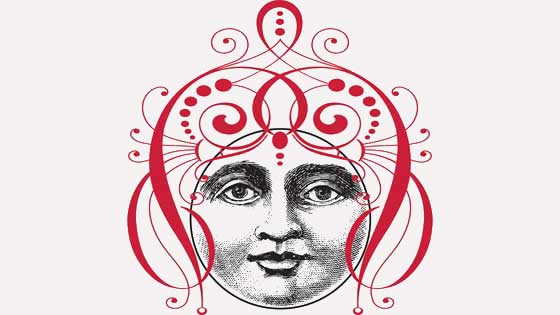
The Magic Oracle is a FREE site but I still must pay dastardly server fees! Please, donate ANY amount... $1, $5, $10, why not $1 million?
THANK YOU for keeping magic alive... and me, a Jolly Genie!
What are your thoughts? Do you think there needs to be more magic on TV? Has YouTube taken away the effectiveness of magic on the small screen? Would you be someone who would love to see another The Magic of David Copperfield special? Or do you think Barry and Stuart should have been on this list? What about the Masked Magician in Breaking the Magician's Code? Let us know!

